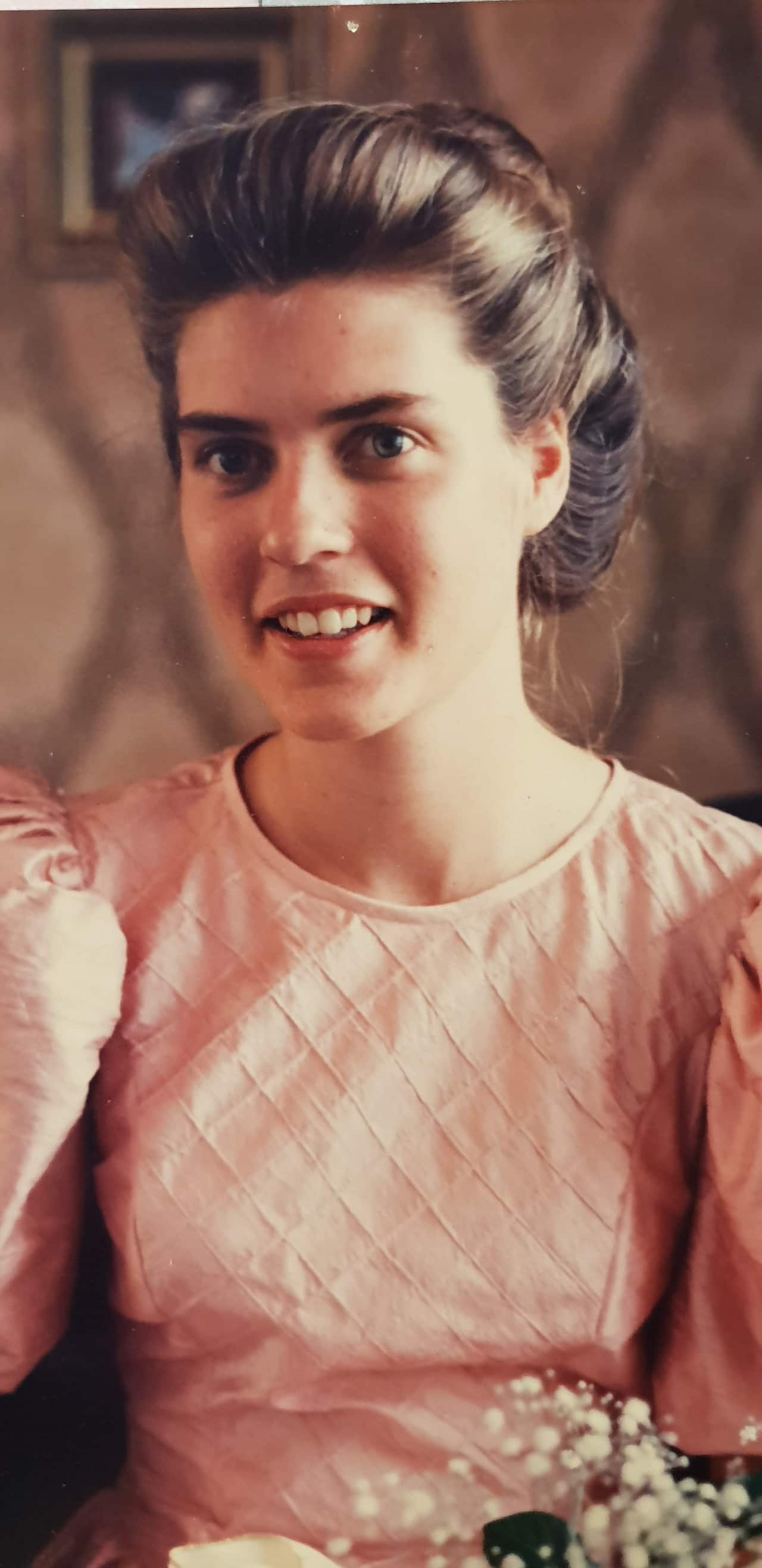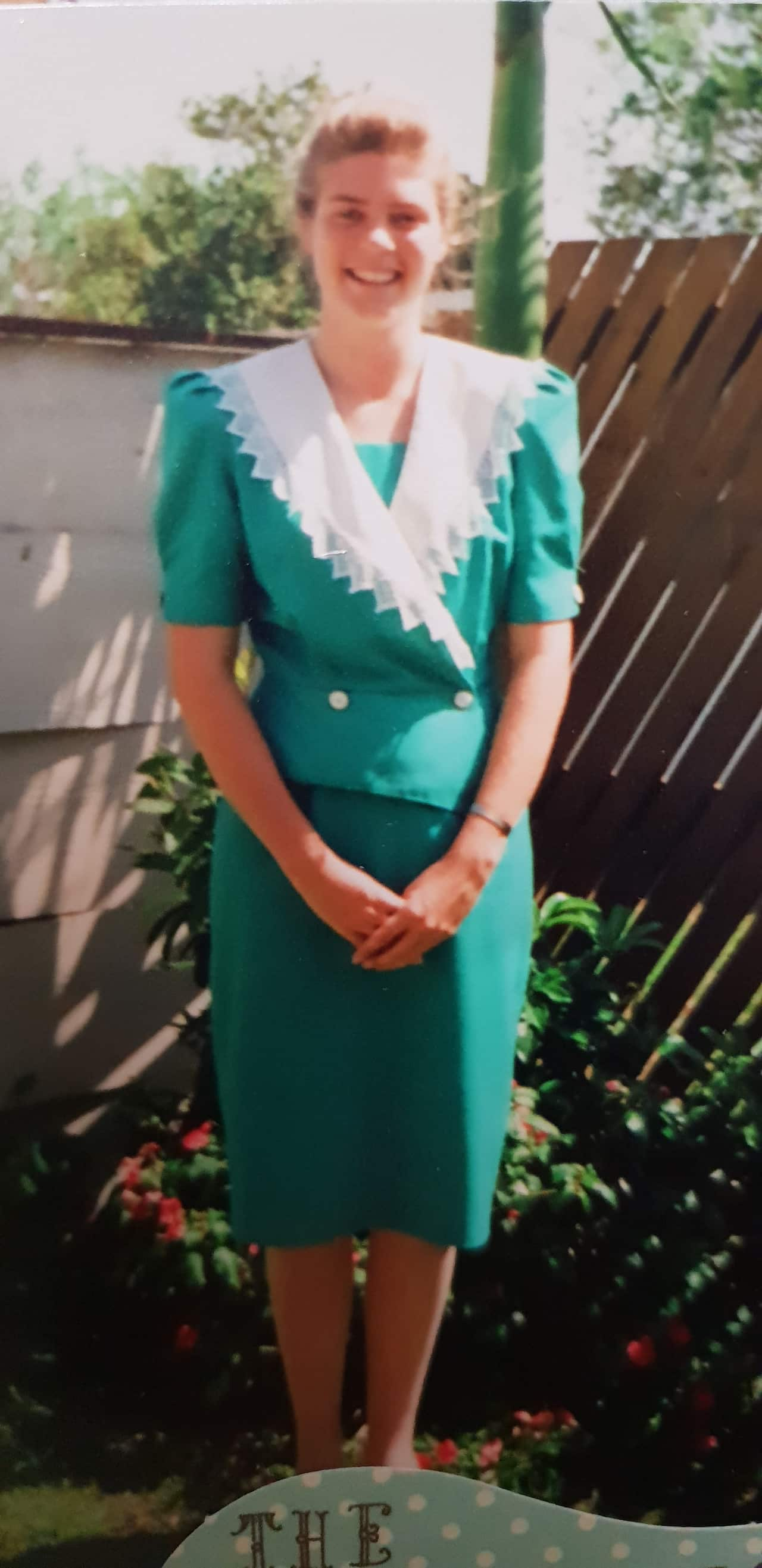Preview above: Insight explores the search for belonging, the impacts on people when they feel they don’t fit in, and what it takes to find a geographical or social place to call home. Belonging, Tuesday, June 30 at 8:30pm and on On Demand.
When Christina Rasmussen left the cult-like fundamentalist Christian organisation she’d lived in for 43 years, she knew it would be tough to find her place on the outside. But nothing prepared her for the loneliness of being shut off by her family and friends.
“It's a grief I will carry with me for the rest of my life. There are just no words to describe what it is to lose every person you love. Some days, the grief… is overwhelming,” Ms Rasmussen told Insight guest host, Alice Matthews.
Rasmussen, 46, was born into the group, which outsiders refer to variously as ‘Two-by-Twos’, ‘Workers and Friends’, ‘Cooneyites’ or ‘The Truth’ church. Members don’t refer to the group by any name, believing it’s the only true religion from the time of Christ, and that theirs is the ‘only true way.’
“Life … is incredibly controlled… from who you marry, where you live, your occupation, how you’re educated… to what you wear. Women [must] dress very modestly, no nail polish, no haircuts. TV, radio, music and dancing [are not allowed],” Rasmussen said of life in the organisation.
The group has members world-wide, mostly in Australia, New Zealand and the USA. Rasmussen said that she now knows it started about a century ago, in Ireland.

“My family’s been in it for five generations, since the end of [the nineteenth] century when all of my family belonged to it, great-great-grandparents, great-grandparents and so forth… So there’s a huge sense of belonging because that's all you know and that's where your family is.”
Six years ago, things started to change for Rasmussen, when she realised that she could no longer belong as a “cult woman.”
“The only way you can live in that community is pretending to be somebody you're not…denying who you are and what your values are,” Rasmussen told Insight.
At 40, Rasmussen embarked on a path of self-discovery, prompted by decades of abuse, secrecy and cover-ups she said she endured and witnessed within the organisation.
“With the advent of the internet, it became clearer that… the doctrine that was being preached was actually a lie. So there was a huge cover-up about doctrine, there was a huge cover-up about money, there was a huge cover-up about abuses within the cult,” she said. “Discovering that what I believed in was a lie, but also how I'd been living was a lie, (that) led me out.”
Since she left the group three years ago, Rasmussen has had little contact with the family and the friends she left behind.
“People on the inside… feel that you're bitter or that you're unwilling to follow the rules of that organisation or that you're a troublemaker or that you're evil, or … an evil spirit has influenced you.”

Followers were told if they left, they’d be struck down by illness, or injured in an accident.
Rasmussen has spent years in therapy, and she’s recently been diagnosed with cervical cancer. She told Insight that she knows her cancer wasn’t caused by her leaving the organisation. But she said those fear-laden messages have taken their mental toll.
University of Wollongong’s Associate Professor, Mitch Byrne, is a clinical and forensic psychologist. He told Insight that the effects on someone of feeling like they don’t belong can be devastating to their health.
“When you feel excluded… exiled, you feel different and that causes stress and has a physiological effect upon you. This can lead to medical problems, psychiatric problems,” Mitch Byrne explained.
Christina Rasmussen said finding a new “tribe” to belong to has been difficult, but that those challenges have been balanced out by the freedoms she now enjoys in the outside world.
And, she stressed, she’ll never go back.
“That sense of belonging comes from within yourself. Being true to who you are, and your values, is so important. So, to go back to a place where you can't be true [to yourself] is impossible.”
Insight is Australia's leading forum for debate and powerful first-person stories offering a unique perspective on the way we live. Read more about Insight
Have a story or comment? Contact Us


